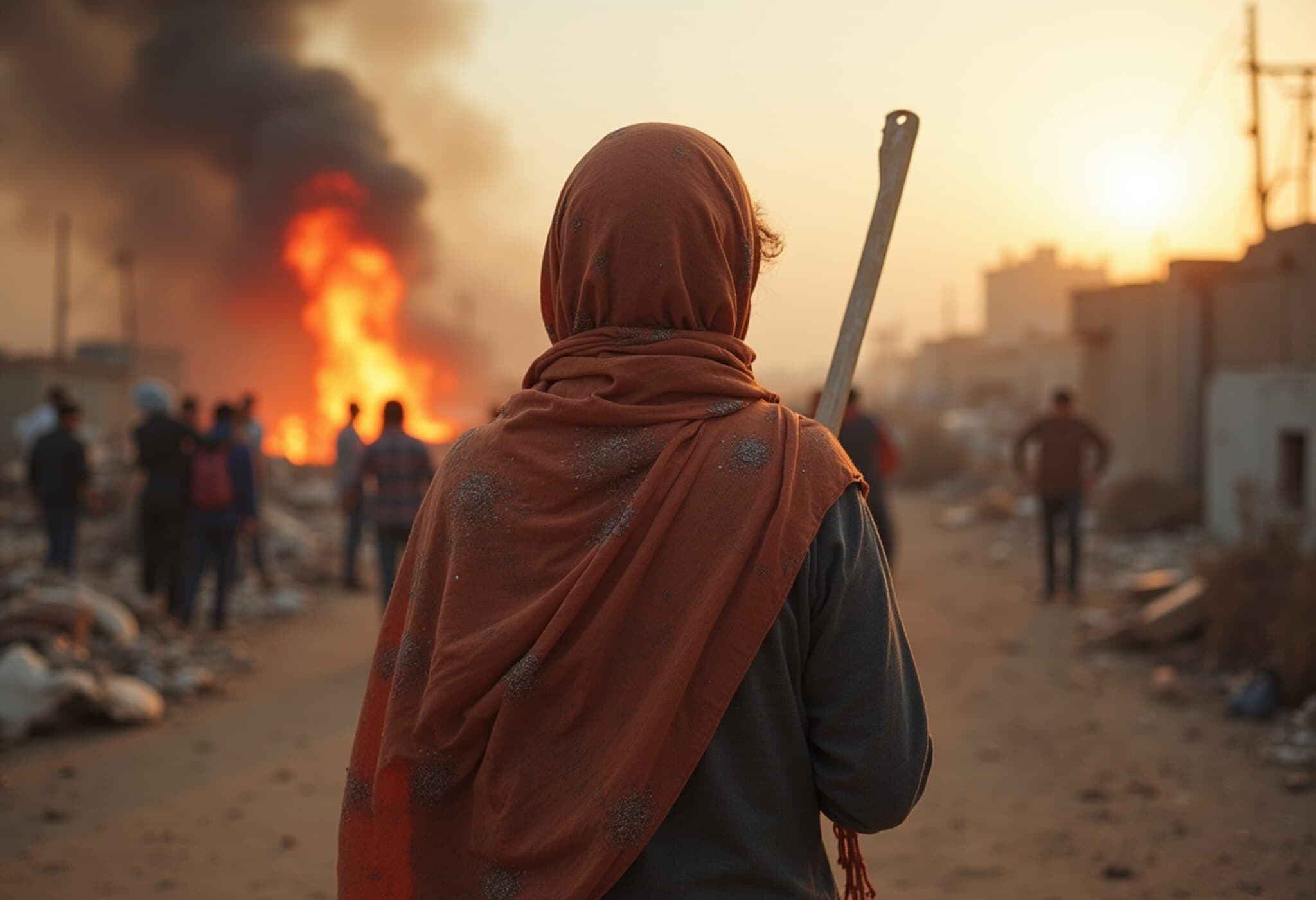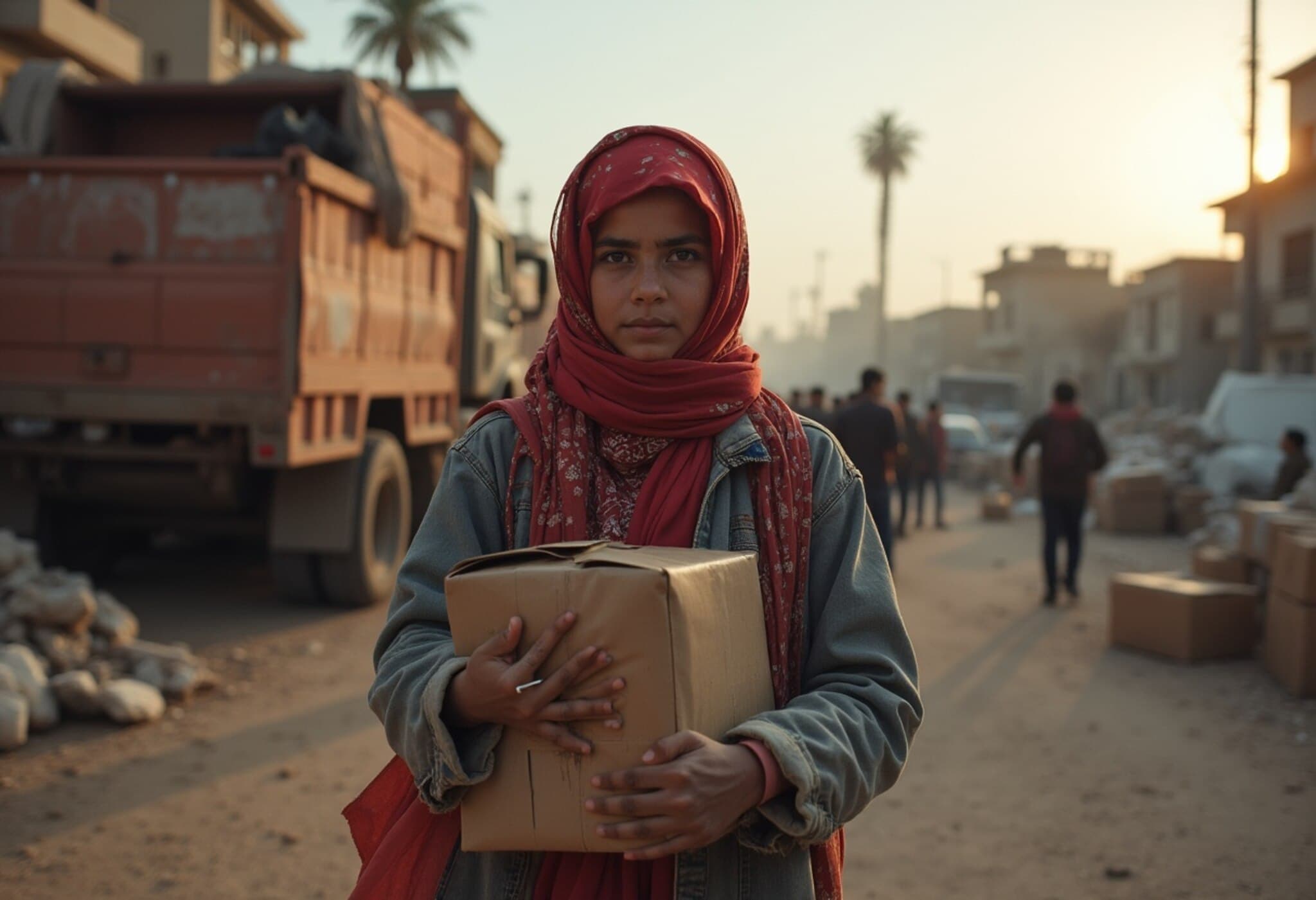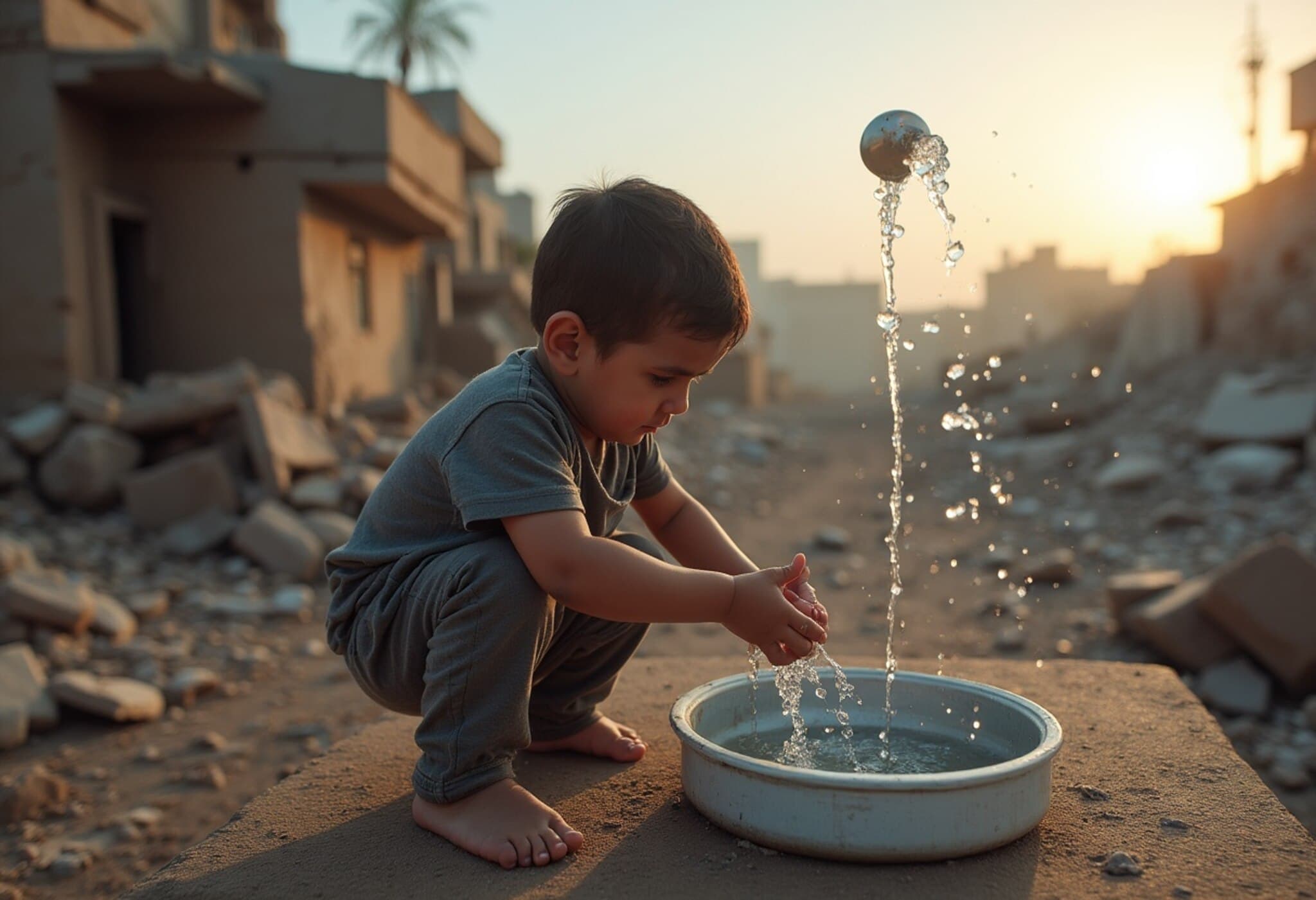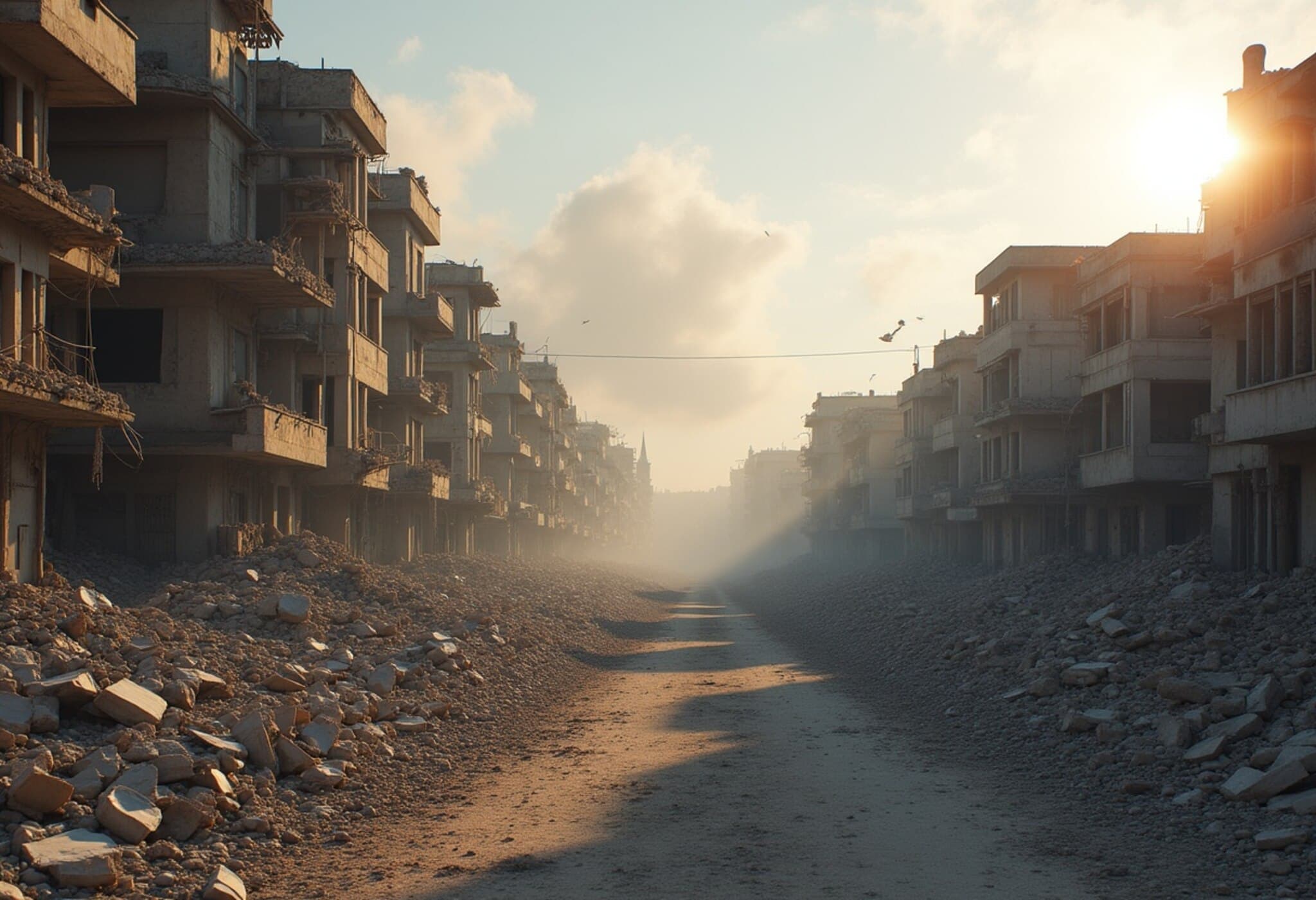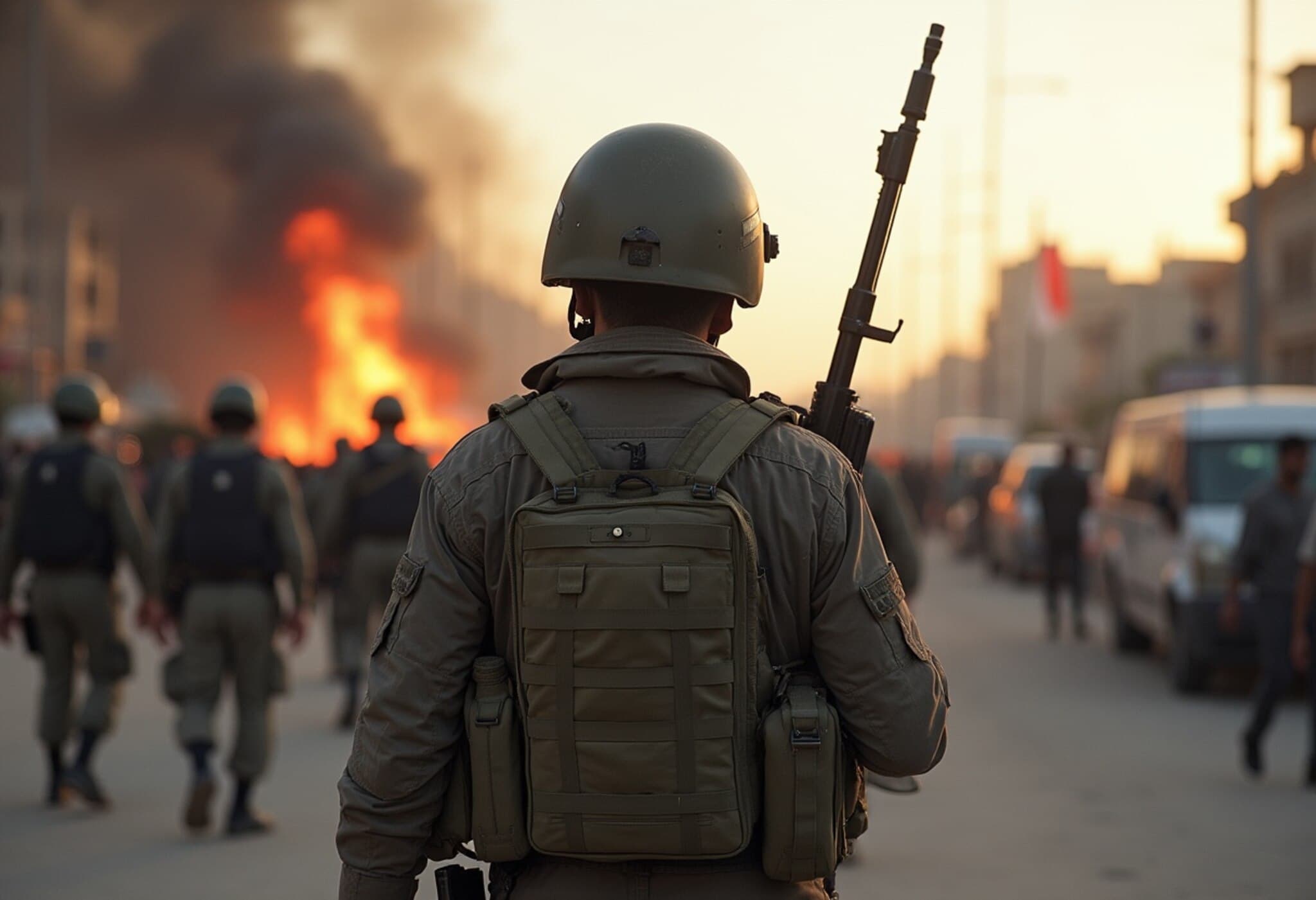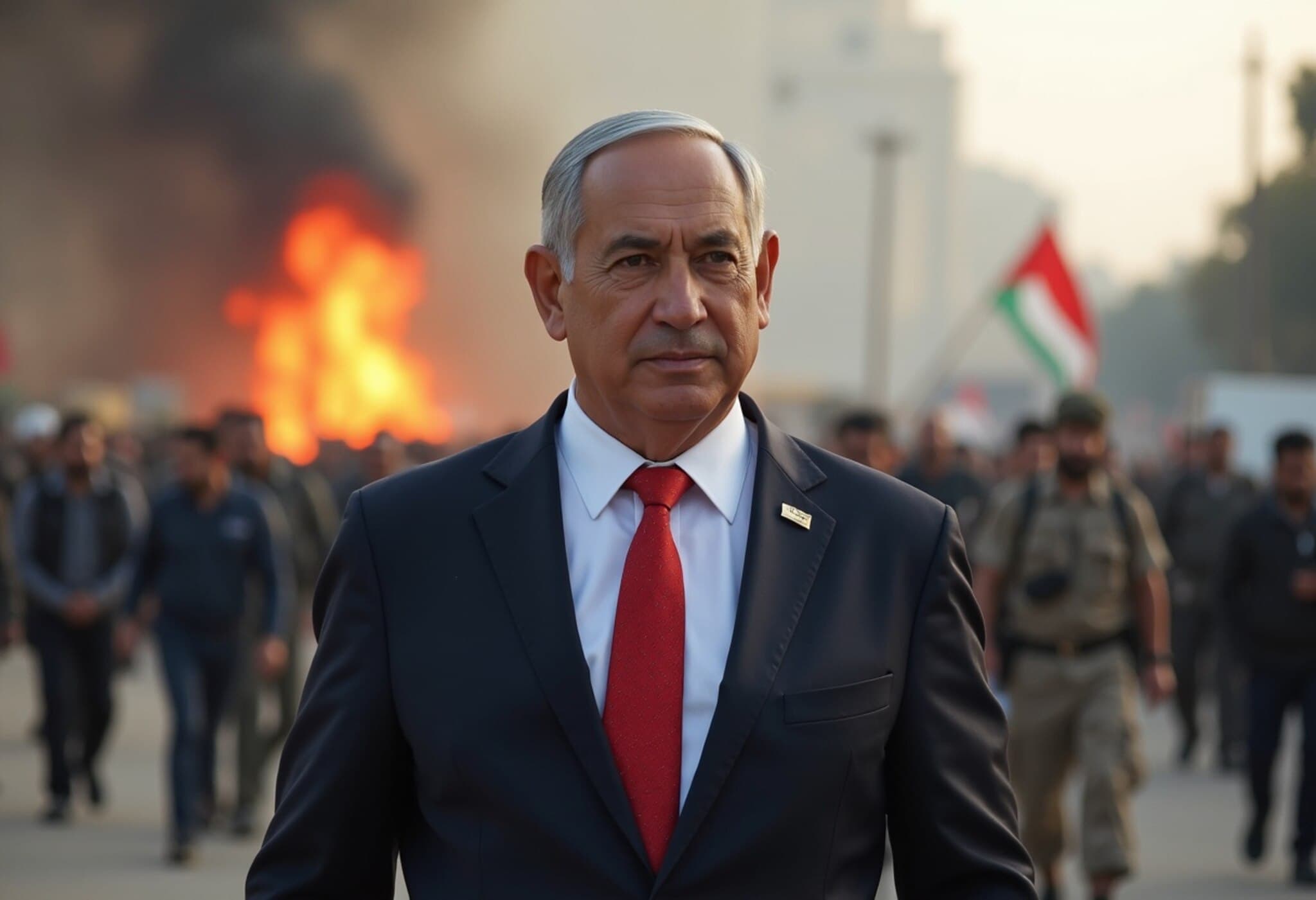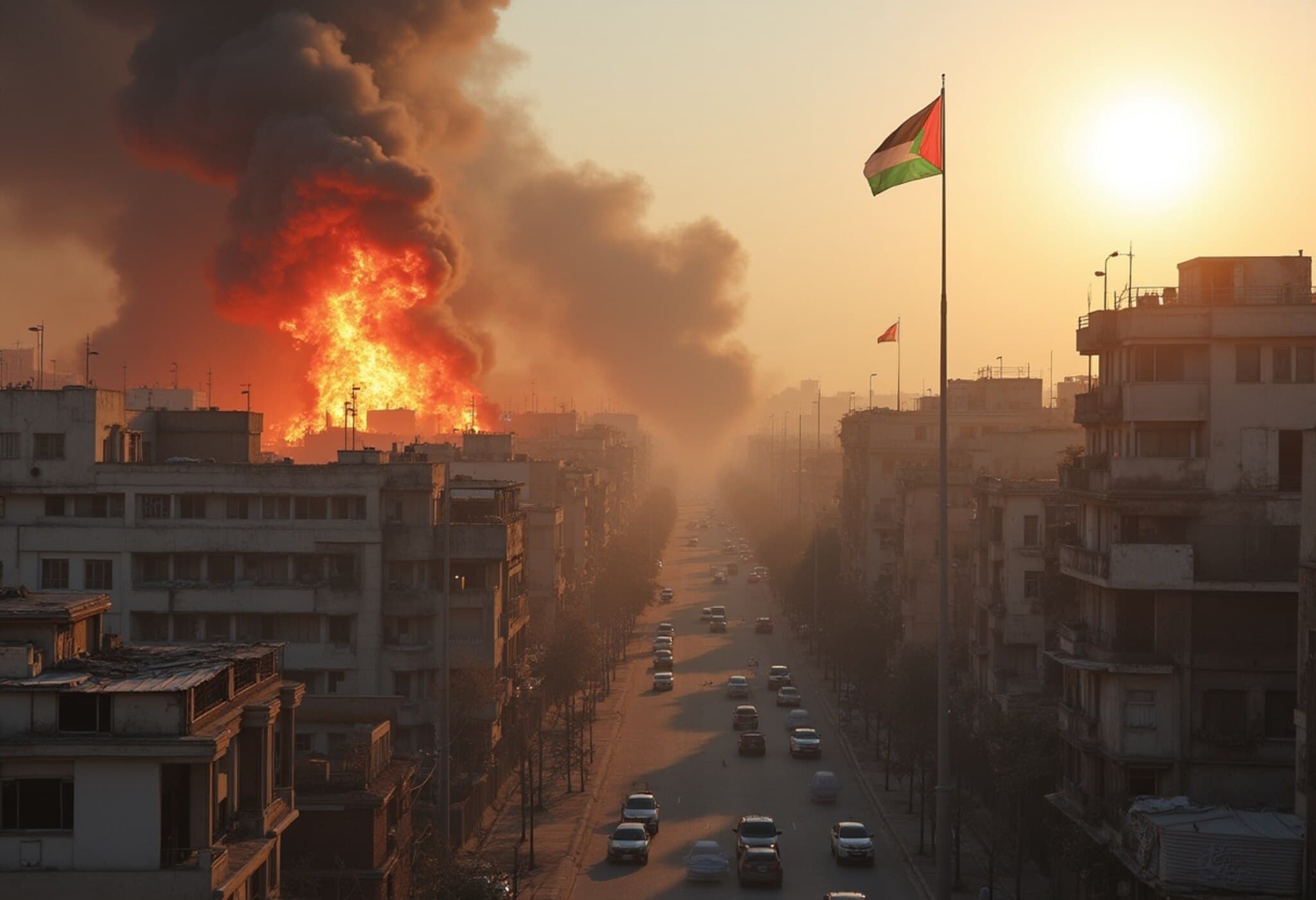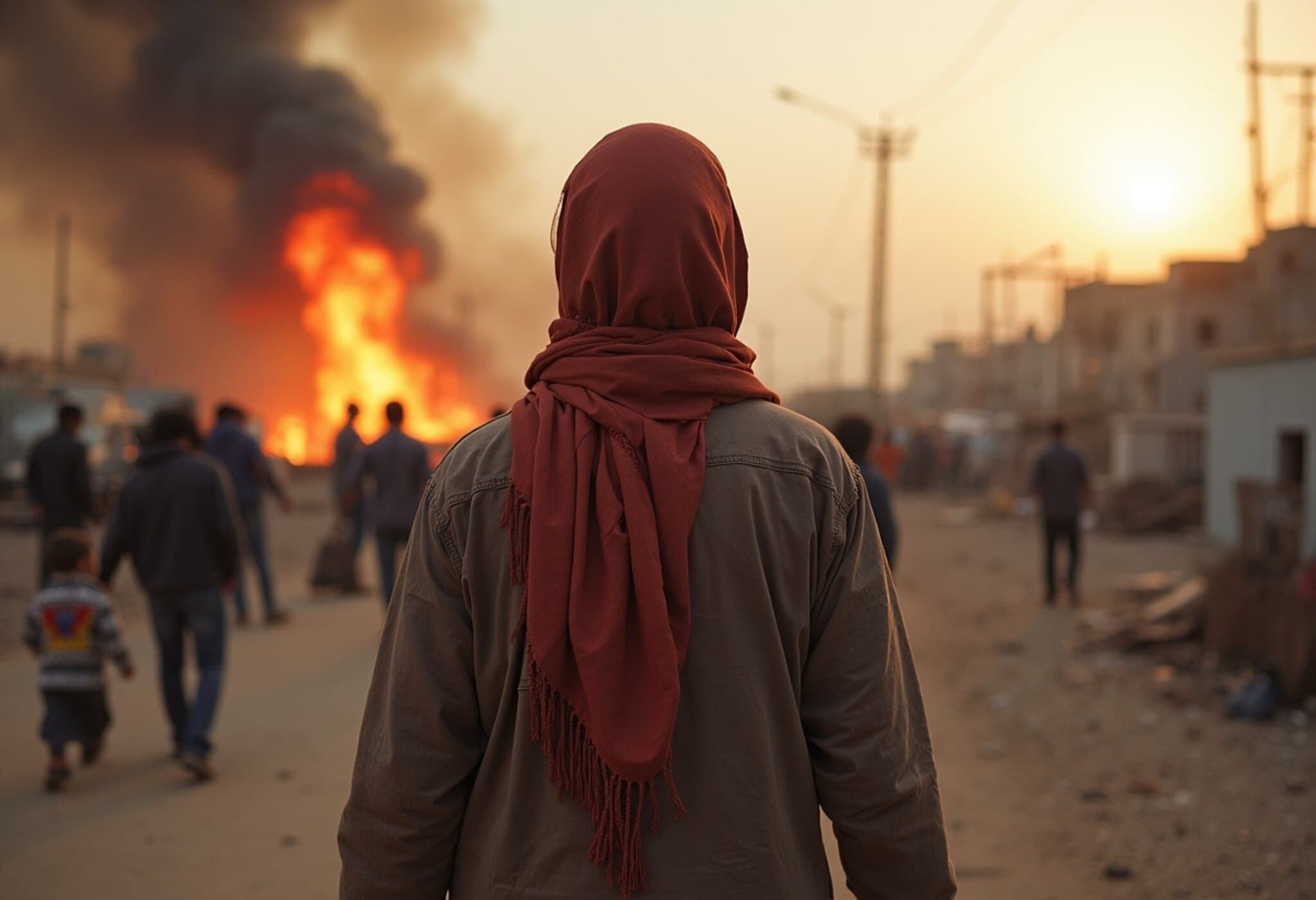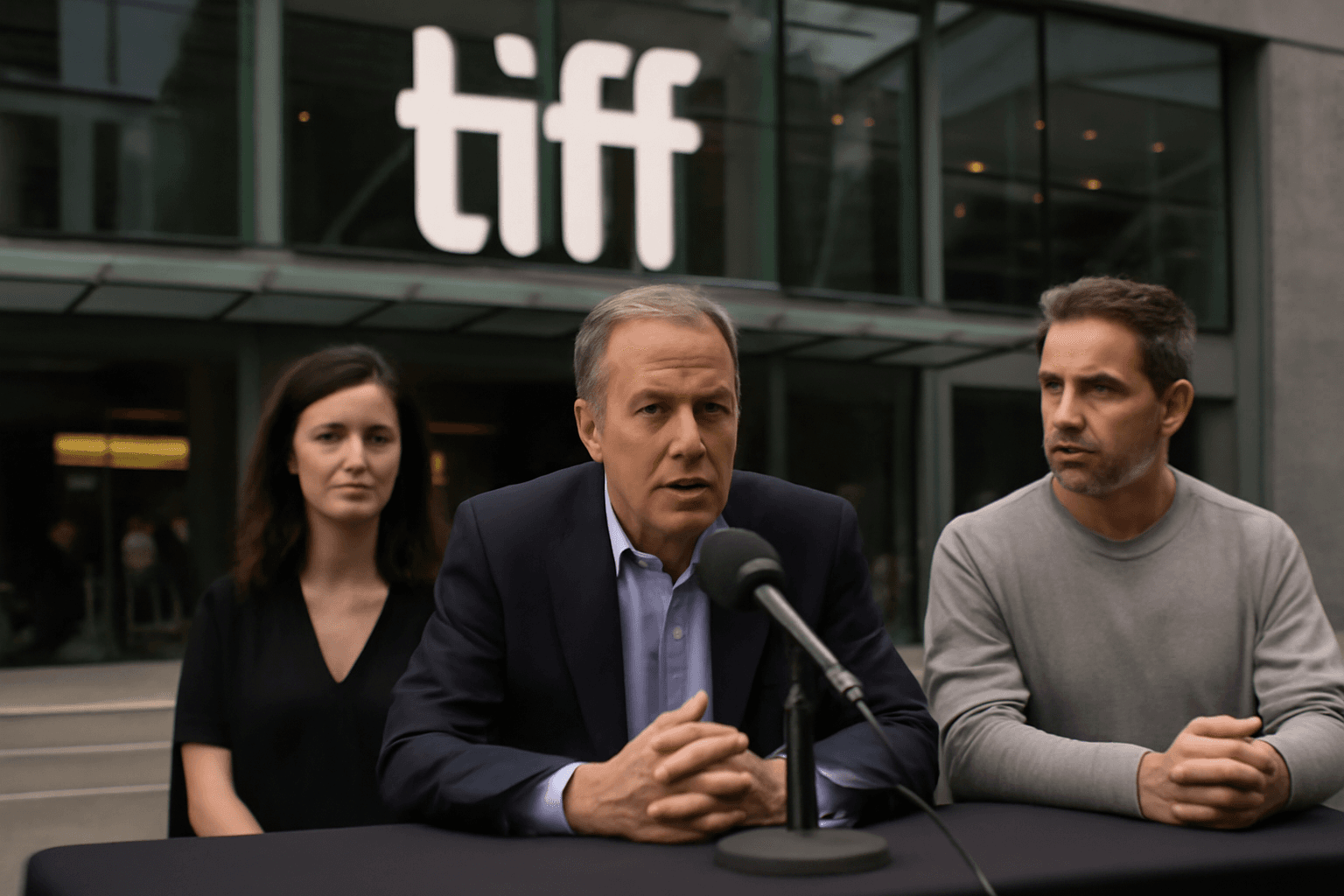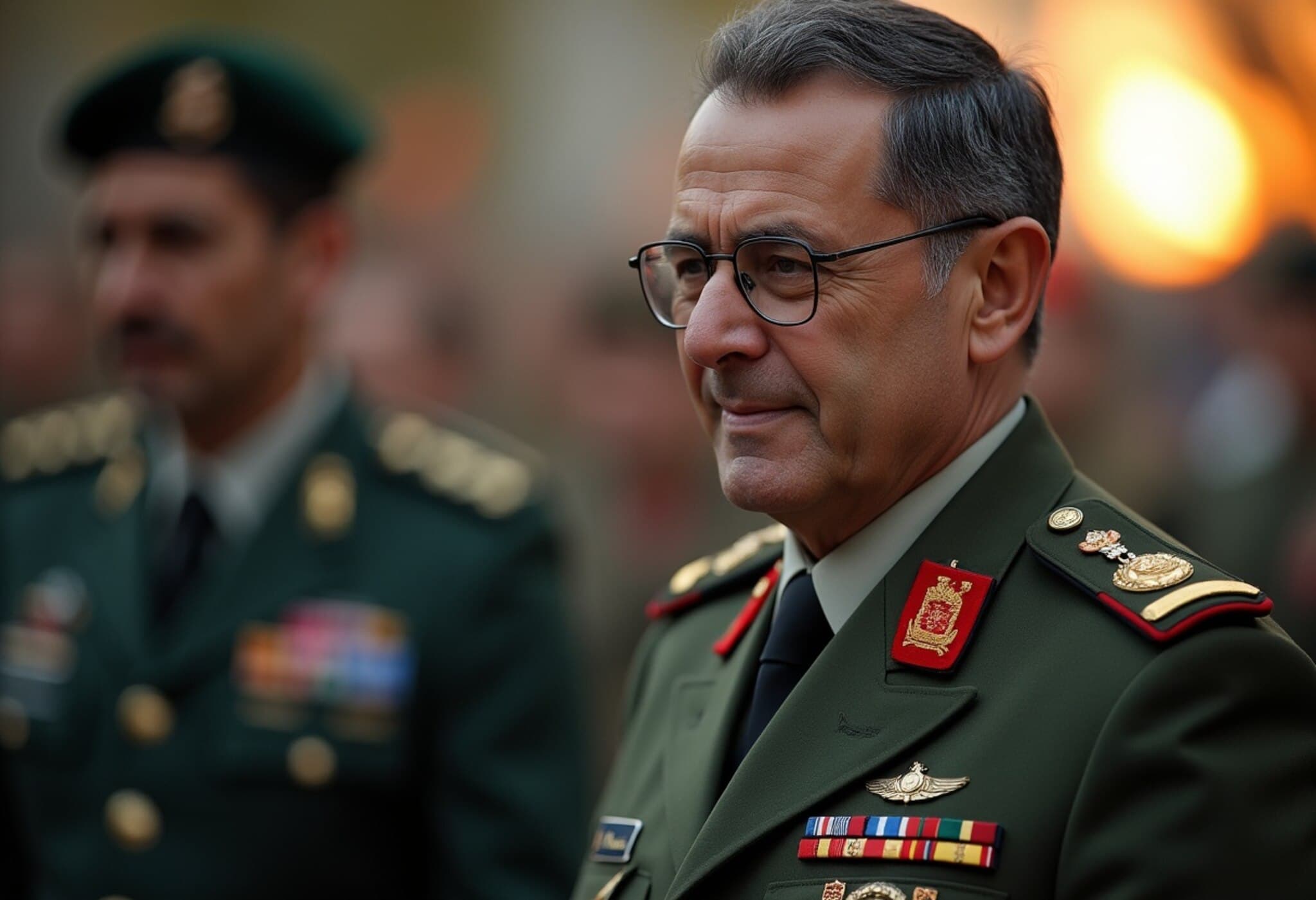International Diplomatic Call to Action on Gaza
As the humanitarian situation in Gaza spirals toward a catastrophic famine, foreign ministers from 25 countries—including major Western powers and key European Union representatives—have jointly implored the Israeli government to immediately permit unfettered aid access into the Gaza Strip. Their joint statement, released on August 12, 2025, paints a grim picture: "The humanitarian suffering in Gaza has reached unimaginable levels. Famine is unfolding before our eyes." This urgent appeal underscores the critical need for humanitarian corridors to remain open and for aid never to be politicized.
Humanitarian Crisis at Breaking Point
Recent reports from Gaza reveal harrowing conditions. The Palestinian Health Ministry reports at least 217 deaths from starvation—including over 100 children—highlighting the devastating consequences of blocked aid. Although Israel disputes these figures and refrains from providing alternative data, the United Nations has validated the severity of the crisis, warning that the actual devastation may be even more extensive.
In light of these circumstances, the foreign ministers' joint communiqué stresses the urgency of authorizing all international NGO shipments and humanitarian operations to address this worsening emergency. They warn that restrictive registration demands could force key NGOs to withdraw from the Occupied Palestinian Territories, exacerbating the dire circumstances facing civilians in Gaza.
Calls for Unrestricted Access and Protection
The statement emphasizes that all aid corridors—whether land crossings or other routes—must remain open to facilitate the delivery of essential supplies: food, nutrition supplements, shelter, fuel, potable water, medicines, and medical equipment. Moreover, the ministers condemn the use of lethal force at aid distribution points and demand robust protection for civilians, aid workers, and medical personnel operating in the region.
Broader Diplomatic Context
Beyond humanitarian relief, the ministers express support for ongoing diplomatic initiatives spearheaded by the United States, Qatar, and Egypt. These efforts aim to broker a ceasefire that would not only halt fighting but also secure the release of hostages and ensure uninterrupted aid access to Gaza. They call for a lasting ceasefire capable of ending the conflict, recognizing the complex geopolitical dynamics at play.
Regional and Global Implications
This collective diplomatic stance highlights a rare moment of unified international concern over a conflict that has claimed over 60,000 lives according to Palestinian authorities, including a disproportionate number of women and children. The war’s origins trace back to a Hamas-led incursion into southern Israel on October 7, 2023, which caused the deaths of approximately 1,200 Israeli civilians and soldiers and saw over 250 abducted.
From an American legal and policy perspective, this multinational pressure places Israel in a challenging position. While Israel maintains security prerogatives to counter threats, this appeal intensifies scrutiny over its humanitarian obligations under international law. Careful balancing of military strategy and humanitarian access remains a critical question for policymakers in Washington and allied capitals.
Underreported Narratives
- The plight of humanitarian NGOs: The risk of essential aid organizations withdrawing due to bureaucratic hurdles is an often overlooked but critical factor worsening civilian suffering.
- Protection of aid workers: Incidents of violence at aid distribution sites raise urgent questions about ensuring safety for humanitarian actors operating in conflict zones.
- Hostage dynamics: The intersect between hostage negotiations and humanitarian access remains a deeply sensitive and complex challenge shaping diplomatic negotiations.
Looking Ahead: Challenges and Responsibilities
As the toll mounts, policymakers worldwide confront pressing ethical and strategic dilemmas. How can international actors exert influence to protect civilian lives without compromising legitimate security concerns? What mechanisms can guarantee that aid is delivered swiftly and safely in such volatile environments?
The coming weeks and months will be a critical test of international coordination, humanitarian principle, and regional diplomacy.
Editor’s Note
Understanding Gaza’s unfolding humanitarian disaster demands a nuanced view that balances the gravity of civilian suffering with geopolitical realities. This joint call by 25 foreign ministers is a powerful reminder that above political conflict lies an urgent human imperative: to alleviate starvation, protect aid workers, and pursue peace. Readers are encouraged to reflect on the broader implications of this crisis—not only for the Middle East but for global norms governing war, aid, and human rights.

